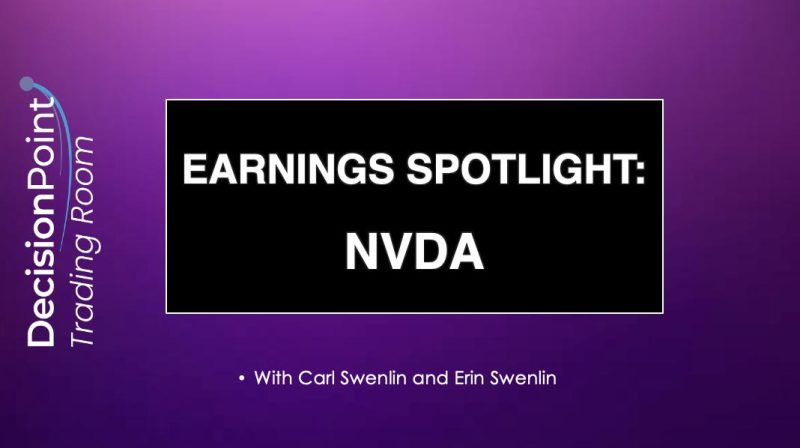
Big Decision: Should You Hold or Sell NVDA Before Earnings? Join DP Trading Room Now!
In the world of stocks and trading, predicting the movement of a company’s stock price around earnings season can be a daunting task. Nvidia Corporation (NVDA), a renowned player in the semiconductor industry, is gearing up to announce its earnings, prompting a surge of interest among investors and traders alike. But the question on everyone’s mind is whether to hold onto their NVDA shares or sell them before the earnings report is released.
Technical analysis can provide valuable insights into the potential direction of NVDA stock in the lead-up to earnings. By examining the stock’s historical price movements and key technical indicators, traders can make more informed decisions about their positions.
One important technical indicator to consider is the Relative Strength Index (RSI). The RSI measures the magnitude of recent price changes to evaluate overbought or oversold conditions in a stock. If the RSI is above 70, it suggests that the stock may be overbought and due for a correction. Conversely, an RSI below 30 indicates that the stock may be oversold and could see a rebound.
In the case of NVDA, traders should look at the stock’s RSI leading up to the earnings announcement. If the RSI is elevated, it may signal that the stock is overbought and could see a pullback following the earnings release. On the other hand, a lower RSI might indicate that the stock is oversold, potentially presenting a buying opportunity.
Another key indicator to watch is the moving averages. The 50-day and 200-day moving averages can help traders identify trends and potential support or resistance levels. If the stock price is trading above its moving averages, it suggests a bullish trend, while trading below indicates a bearish trend.
Additionally, volume analysis can offer significant insights into investor sentiment around earnings. A surge in trading volume leading up to the earnings report could indicate increased interest and anticipation among investors. Conversely, a decrease in volume might suggest waning interest or uncertainty in the stock.
Ultimately, the decision to hold or sell NVDA shares before earnings should be based on a combination of technical analysis, market trends, and individual risk tolerance. Traders should carefully assess their positions, consider the prevailing market conditions, and possibly consult with a financial advisor before making any decisions.
As the earnings announcement for Nvidia Corporation approaches, traders will be closely monitoring the stock’s price movements and key technical indicators to gauge the potential impact on their positions. By leveraging technical analysis and market insights, traders can make more informed decisions and navigate the volatile world of stock trading with greater confidence.
